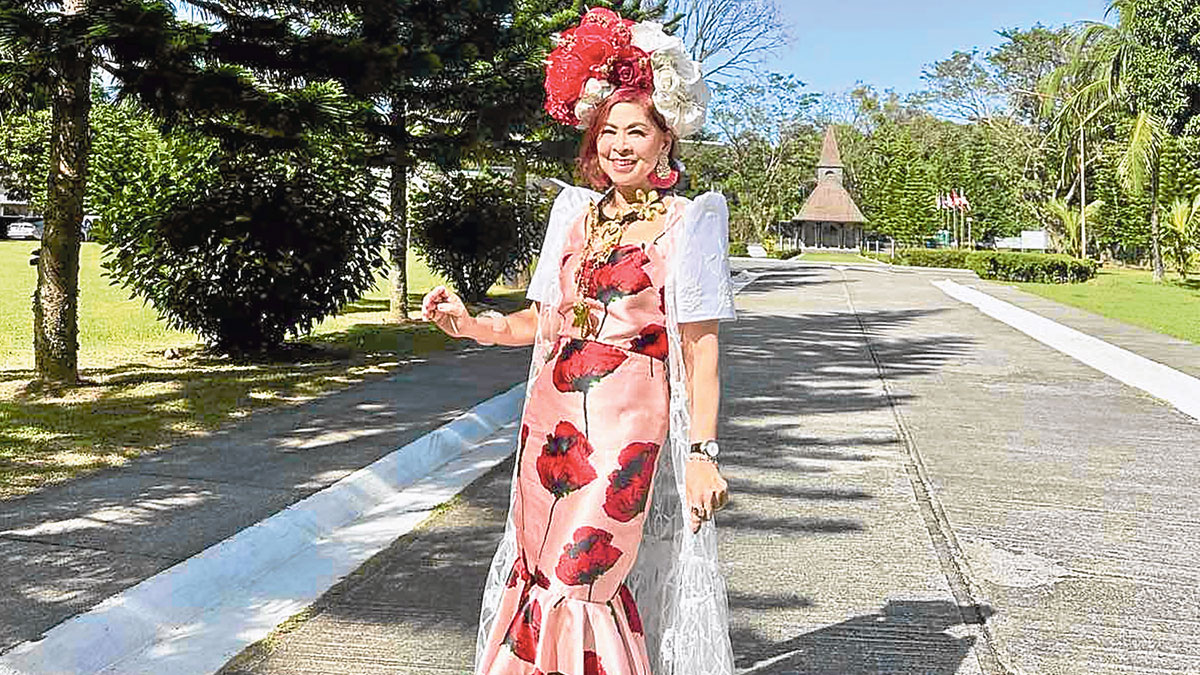The parable in this Sunday’s Gospel has an interesting detail. In those times, invitations were sent out twice. The first was to invite to the feast with no mention of time. When everything was ready, the second was a summon to come: “Tell those invited: ‘Behold, I have prepared my banquet… everything is ready; come to the feast.”
The Parable of the Wedding Feast is the parable of our call, our vocation issued by God.
In the formation sessions we hold for different groups (teachers, youth groups, leadership teams, corporate teams), we begin the process of self-awareness by asking people to remember their dreams, the original inspiration that made them embark on their journey.
We ask them to remember distinctly: the dream they had to pursue because of expectations and/or necessity; the dream they pursued because they wanted to; and the dream they still desire to pursue.
Back to innocence
They eventually focus on the dream that is their original inspiration. We bring them back to the “innocence of a dream” that made them journey from the familiar to the unfamiliar in pursuit of this dream, responding to God’s call for them.
We all have this moment when a dream visits us and the innocence of this dream becomes our inspiration. It is God’s first summons. It makes us take a journey which can lead to “something to live on” and “something to live for.” It frames our life with a sense of purpose and meaning.
Yet we know that responding to God’s invitation is not about destinations in this life, but about the journeys we take. The journeys can take us closer to God’s call and living out his will, but they can also lead us away.
The guests in the parable show us how this can happen. “Some ignored the invitation and went away—one to his farm, another to his business. The rest laid hold of his servants, mistreated them and killed them.”
The journeys can range from “deadma” (indifference), to an evil scheme of violence and murder. The “struggle” in the journey can be choosing between two extremes. We choose between what is good and what is for the greater good.
There are many good things we can do in the journey, but there is only one right thing to do: live out with great fidelity our commitment to mission.
There are many distractions in the journey and the ones that are most difficult are the “good distractions.” In the parable, some of the invited guests declined for a good reason. Others went to the farm or attended to their business.
Fidelity to the call
At a certain point in the journey, what matter most are fidelity to the call and perseverance to pursue and constantly respond to the call.
This was Mary’s constant—keeping things in her heart—whenever there was a moment in her mission that she did not understand as mother of Christ.
This is Christ’s refusal to give in to the adulation of the people he healed and transformed. It was his “great constancy in pursuing the task (mission) and great prudence in bringing the task (mission) to completion.” There were no distractions from the good things he had done that could lead him away from the Cross.
We often hear this Biblical passage: “Many are called but few are chosen.” Let me tweak it a bit: Many are called, but few choose to be faithful, to live out their response to God’s call with “great constancy in pursuing the task and great prudence in seeing the task to completion.”
Let me end with a story I have shared in several occasions. Almost two decades ago, my spiritual director, Fr. Benny Calpotura, SJ, told me in one of our spiritual direction sessions that I had come to a choice.
He said that I now needed to enter the core of my relationship with Christ or stay in the periphery. Then he added many choose to stay in the periphery.
In the years that followed, I understood more clearly that this entering the core of my relationship with Christ was entering the core of the Paschal Mystery, the core of the Cross and Resurrection.
The journey eventually led me out of my work in Ateneo de Manila and my life as a Jesuit. Pursuing it with constancy, with a cycle of continuous emptying of the self, gaining a more realistic knowledge of myself, both my strengths and virtues.
It was about “embracing what we dislike or find shameful about ourselves as well as what we are confident and proud of.” (Parker Palmer)
To enter the wedding banquet, we must stand humbly before God and thank him for his invitation. Many were invited but few chose to attend the banquet. —CONTRIBUTED










































